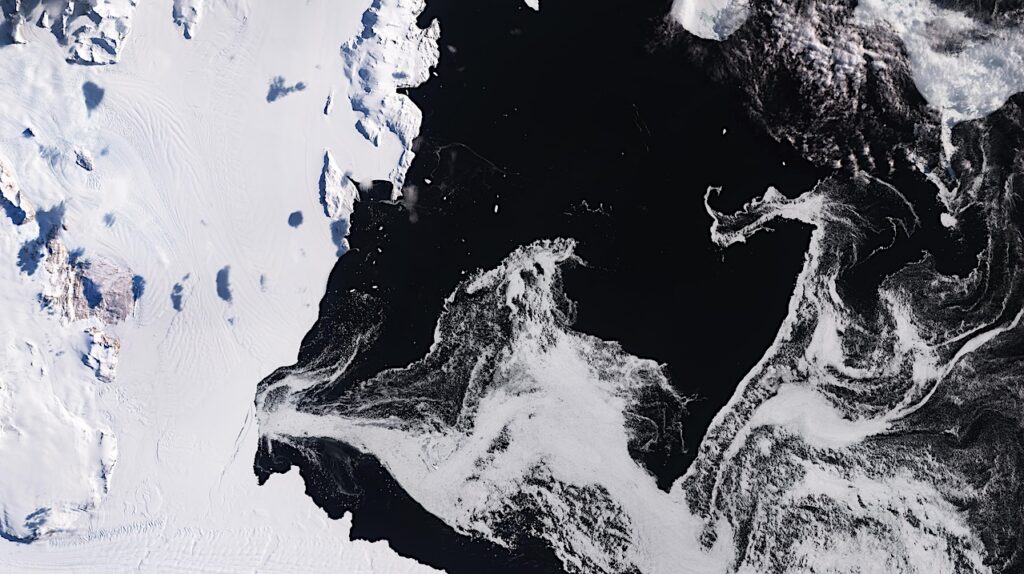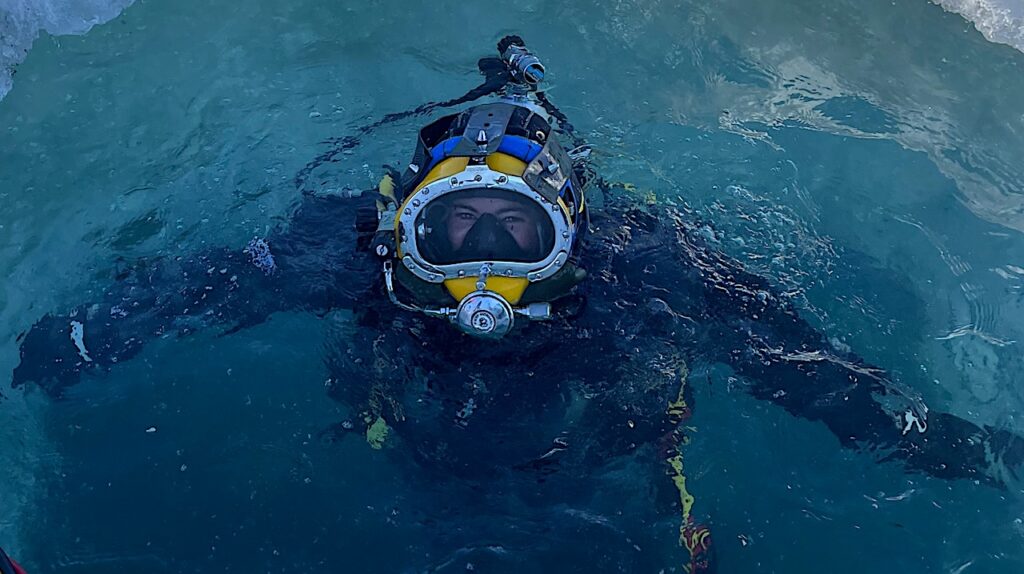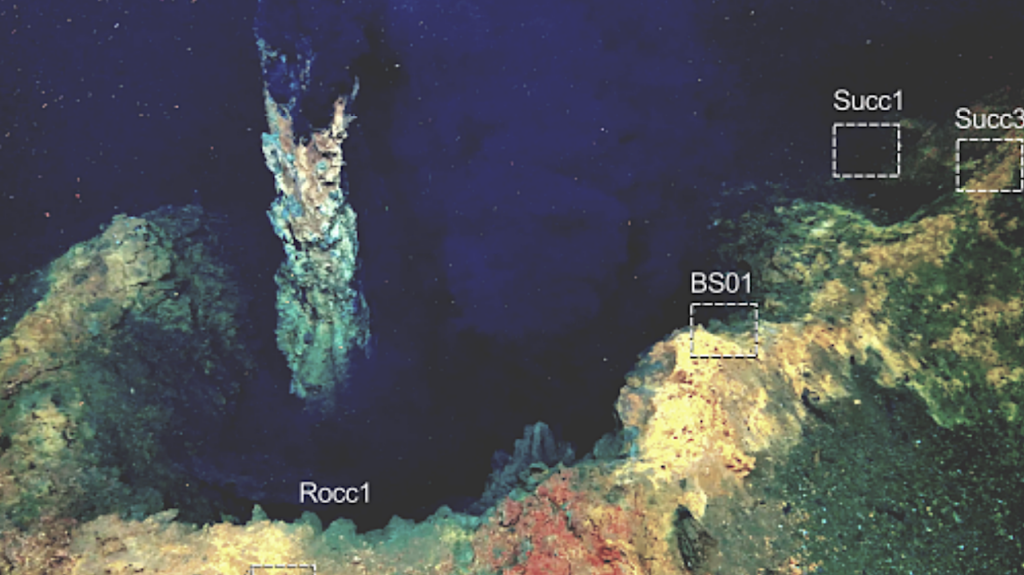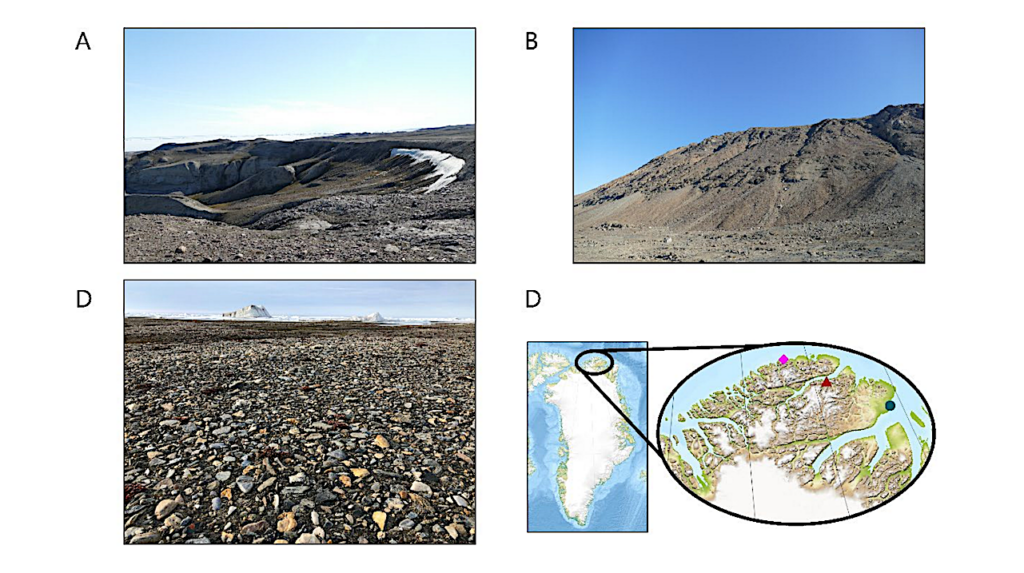Europa Clipper: Radar for Europa Assessment and Sounding: Ocean to Near-Surface (REASON)

The Radar for Europa Assessment and Sounding: Ocean to Near-surface (REASON) is a dual-frequency ice-penetrating radar (9 and 60 MHz) onboard the Europa Clipper mission. REASON is designed to probe Europa from exosphere to subsurface ocean, contributing the third dimension to observations of this enigmatic world.
The hypotheses REASON will test are that (1) the ice shell of Europa hosts liquid water, (2) the ice shell overlies an ocean and is subject to tidal flexing, and (3) the exosphere, near-surface, ice shell, and ocean participate in material exchange essential to the habitability of this moon.
REASON will investigate processes governing this material exchange by characterizing the distribution of putative non-ice material (e.g., brines, salts) in the subsurface, searching for an ice–ocean interface, characterizing the ice shell’s global structure, and constraining the amplitude of Europa’s radial tidal deformations.
REASON will accomplish these science objectives using a combination of radar measurement techniques including altimetry, reflectometry, sounding, interferometry, plasma characterization, and ranging. Building on a rich heritage from Earth, the moon, and Mars, REASON will be the first ice-penetrating radar to explore the outer solar system.
Because these radars are untested for the icy worlds in the outer solar system, a novel approach to measurement quality assessment was developed to represent uncertainties in key properties of Europa that affect REASON performance and ensure robustness across a range of plausible parameters suggested for the icy moon.
REASON will shed light on a never-before-seen dimension of Europa and – in concert with other instruments on Europa Clipper – help to investigate whether Europa is a habitable world.

Summary of REASON ice shell domains and measurement techniques
Radar for Europa Assessment and Sounding: Ocean to Near-Surface (REASON) Space Sci Rev. 2024; 220(5): 51. Published online 2024 Jun 27. doi: 10.1007/s11214-024-01072-3 via PubMed (open access)
Astrobiology,








